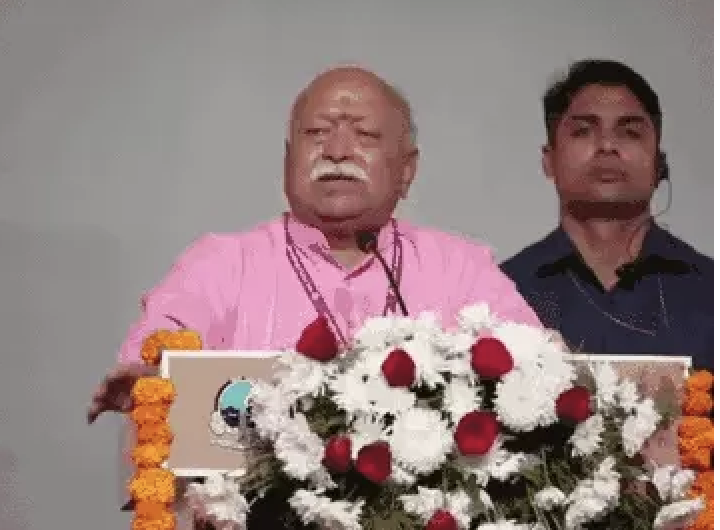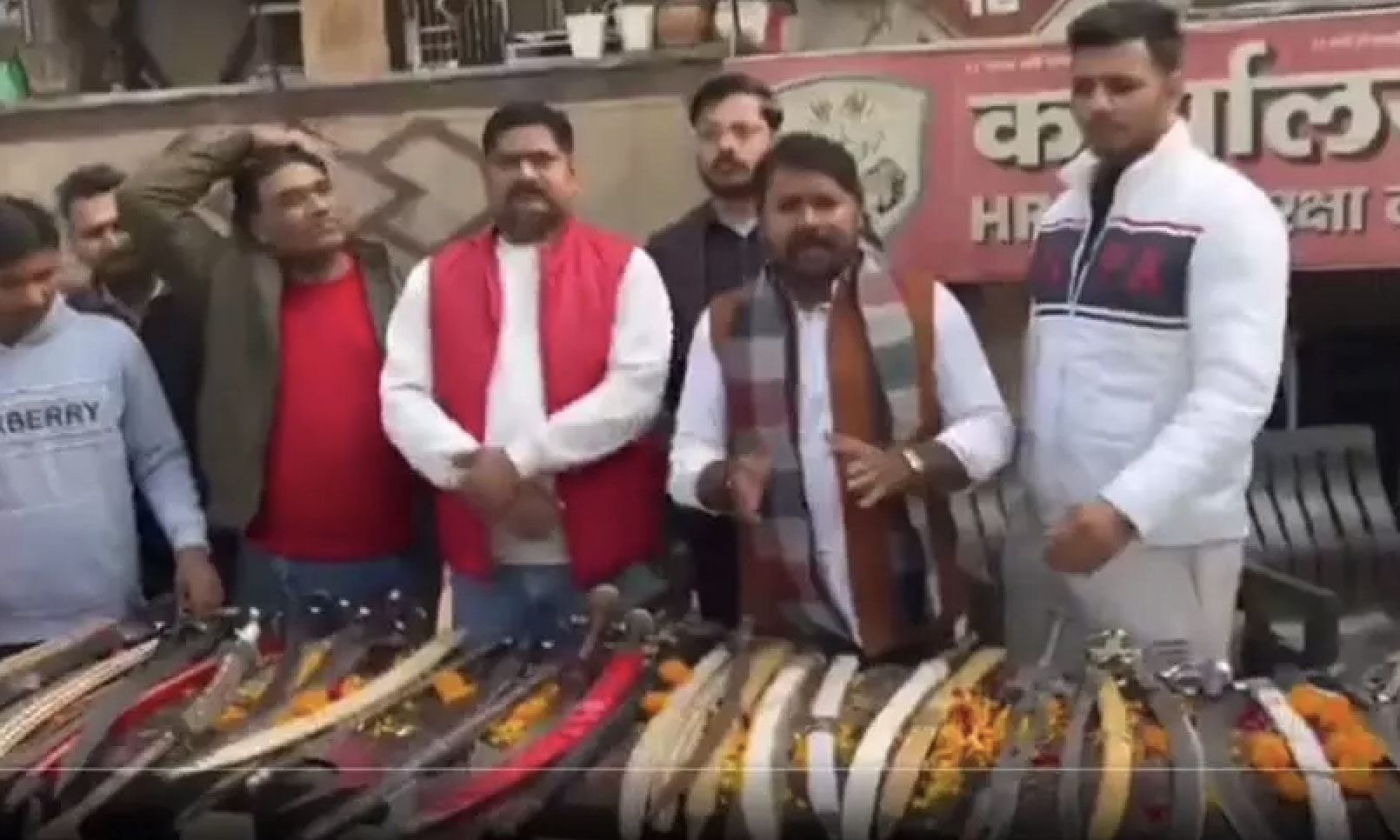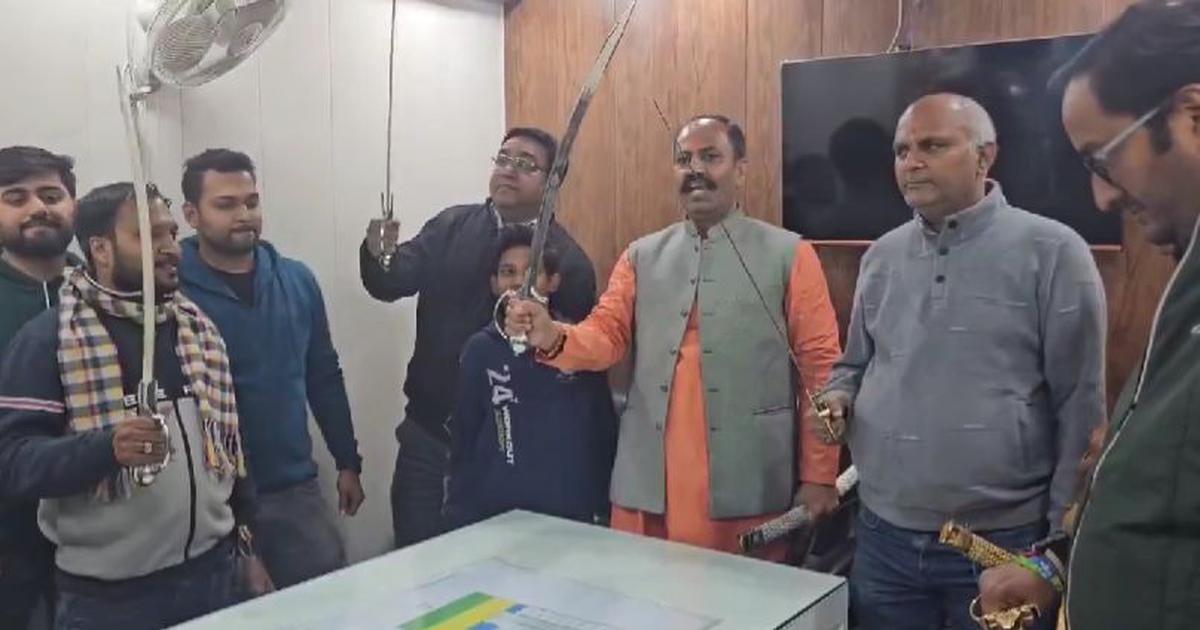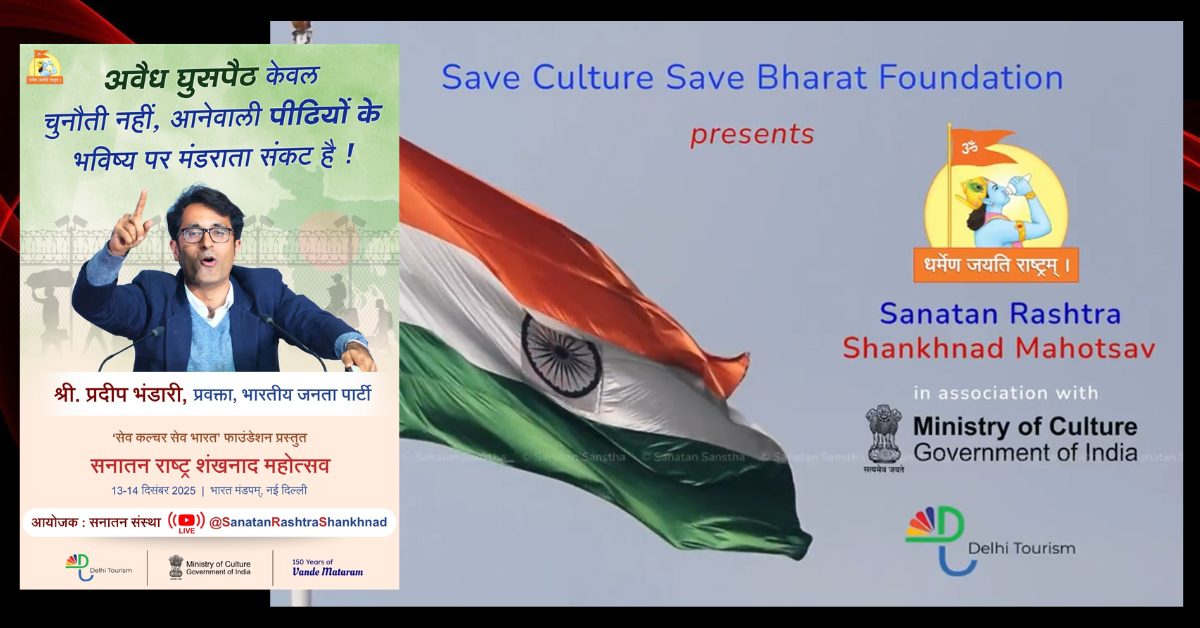
It appears that the RSS sarsanghchalak, Mohan Bhagwat, is finding it difficult to enforce his writ on bringing the Hindus and Muslims closer together by arguing that their DNA is the same because of common ancestry.
To the Hindutva hardliners, this formula is patently unacceptable. Apparently, its implicit moderation riles them because it militates against the decades of anti-minority sentiments against both Muslims and Christians which the RSS-led Sangh parivar has fostered.
For the saffron hawks, abandoning this line will not only mean negating all that the parivar has stood for, but also virtually subscribing to the secular or “sickular” outlook, as the parivar activists mockingly say, favoured by the Congress and other non-BJP parties in order to appease their Muslim vote banks.
It is against the obliteration of the dividing line between the BJP and the non-BJP parties that some of the Hindutva protagonists have spoken out against. Among them are the BJP M.P., SadhviPragya, who has said that the Hindus cannot have the same DNA as the beef-eaters. Another saffron stalwart, a temple priest, Ahuja Jaiswal, has directly attacked the RSS chief by saying that Bhagwat may have Aurangzeb’s DNA, but “not us”.
It is obvious that Bhagwat has stirred a hornet’s nest. Did he anticipate it ? After a lifetime in the parivar, he could not but have known how deep the feelings run with regard to the two communities which were differentiated by U.P. chief minister Yogi Adityanath by referring to them as BajrangBalis and Alis. Moreover, as an organization man, what Bhagwat said could not have been his personal view, but was supposed to be of the parivar as a whole.
But the irate responses suggest that they are not. Instead, there is a strong pushback against Bhagwat’s observations. It is not only what an M.P. or a priest have said that are worth noting, but also the actions of the governments and institutions which have surrendered their autonomous status.
For instance, the two-child policy pursued by some of the BJP-ruled states is patently aimed at conveying the impression that the restrictions on how many children a couple can have would not have been necessary if the Muslims had adhered to the family planning norms.
This conviction was highlighted by the description of the refugee camps for the victims of the 2002 Gujarat riots as child-producing centres and by the slogan, hum panch, hamare pachees, indicating how a Muslim with his four wives can produce as many as 25 children.
For the Hindutva brigade, a shared DNA does not mean that the Hindus and Muslims have the same culinary habits – the latter being mainly non-vegetarians – or belief in small families. The Lakshadweep administrator, who has a saffron background, has underlined the different gastronomic preferences by prescribing vegetarian meals for the school children in the Muslim-majority archipelago.
If the pro-BJP administrator is imposing the parivar’s eating fads in Lakshadweep, the supposedly autonomous University Grants Commission is preparing a history syllabus which marginalizes the Mughals and emphasizes Hindu mythology.
Bhagwat may be able to reduce the number of lynchings of Muslims – an atrocity which he specifically condemned although a former BJP minister had garlanded a group accused of the crime – but there will not be any slackening of the saffron brotherhood’s march towards Hindu Rashtra. Laws targeting the Muslims as well as liberal society like those against interfaith marriages and cow slaughter will continue to be enacted.
Even if these attract international criticism such as from 30 civil society organizations which want India to be declared as a “country of particular concern” because of religious discrimination, the BJP is unlikely to be worried although it is possible that the RSS chief’s outreach to the Muslims may have been partly motivated by internal and external criticism of the Parivar’s political arm.
The BJP, on the other hand, appears to have decided to turn a deaf ear to such censure as long as the party continues to be sure of success in the next general election even if it loses some of the state elections. It is also not bothered if allies like the Janata Dal (United) oppose the laws on “love jehad” or birth control.
It may not be wrong, therefore, to say that Bhagwat’s was a cry in the wilderness, a well-meaning advice which neither he nor his followers seriously expected to follow. Had it been so, there would have been others at various levels in the party and the Parivar who would have repeated his counsel of moderation.
Instead, the suggestion would be seen by a majority in the saffron group as the naïve opinion of an elderly person in the family who is out of touch with the ground reality.
This story first appeared on nationalheraldindia.com






